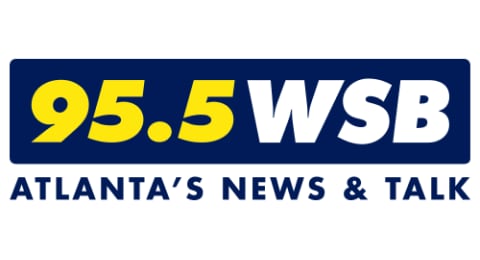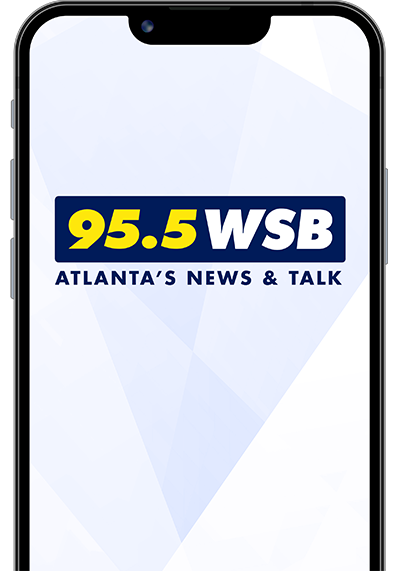WASHINGTON — (AP) — Secretary of State Marco Rubio met Tuesday with his counterparts from Australia, India and Japan as the Trump administration kicked off its formal foreign policy engagements in discussions with the Indo-Pacific "Quad."
The grouping of the four countries has been seen by many as an initiative to counter or at least slow China’s increasing assertiveness and aggressiveness in the region, something over which President Donald Trump and his predecessors have all expressed deep concern.
The timing of Tuesday's meeting — on Trump's first full day in office and just hours after Rubio was sworn in as America's top diplomat — suggests that it will remain a priority for Trump.
However, none of the four foreign ministers — Rubio, Australian Penny Wong, Indian S. Jaishankar or Japanese Iwaya Takeshi — spoke as they opened their meeting at the State Department. Instead they stood silent and expressionless in front of their respective flags before journalists were ushered out.
Rubio was to see each of the other three separately after the group meeting.
The Quad was established in 2007 to bring together countries that had worked together in response to the devastating 2004 earthquake and tsunami in the Indian Ocean. Its members stress its diplomatic nature and broad focus on regional issues, including infrastructure, humanitarian aid, disaster relief, climate change and maritime security.
Even though security is only part of the mix, the Quad is a major component of the American strategy to counter China's growing assertiveness and vast territorial claims in the region, including to virtually all of the strategically important South China Sea and the democratic self-governing island of Taiwan.
The strategic element to the Quad has prompted China to accuse the four countries of attempting to form an "Asian NATO," though it is a very different construction and has no mutual-defense pact, a key component to the North Atlantic Treaty Organization alliance.
During his time in the Senate, Rubio was a “China hawk” and he has been sanctioned by the Chinese government for outspoken remarks about the country's human rights record,
Last week in his confirmation hearing, Rubio called China "the most potent, dangerous and near-peer adversary this nation has ever confronted."
Earlier Tuesday, Rubio made his first appearance at the State Department as secretary of state and called on U.S. diplomats to forcefully defend and execute Trump’s “America First” policies.
“The voters decide the course of our nation, both domestically and abroad, and they have elected Donald J. Trump as our president when it comes to foreign policy on a very clear mission,” Rubio told them.
“And that mission is to ensure that our foreign policy is centered on one thing, and that is the advancement of our national interest, which (was) clearly defined through his campaign as anything that makes us stronger or safer or more prosperous. And that will be our mission, that will be our job.”
Trump has been publicly skeptical of the value of the State Department since his first term in office and, as he has done with other agencies, accused some in the diplomatic corps of working to blunt or derail his policy priorities.
Rubio paid tribute to the men and women of the State Department, calling them “the greatest, the most effective, the most talented, the most experienced diplomatic corps in the history of the world.”
But, his arrival came amid a wave of resignations — demanded by Trump's team — of career diplomats from senior positions in the State Department bureaucracy and U.S. embassies around the world.
The full extent of the resignations sought by the incoming administration remained unclear on Tuesday but began in earnest on Friday when a large number of career diplomats holding politically appointed posts, such as undersecretaries and assistant secretaries of state, were told to resign. On Monday, the demand for resignations grew to include career diplomats serving as ambassadors as well as lower-ranking staffers.
Copyright 2025 The Associated Press. All rights reserved. This material may not be published, broadcast, rewritten or redistributed without permission.








